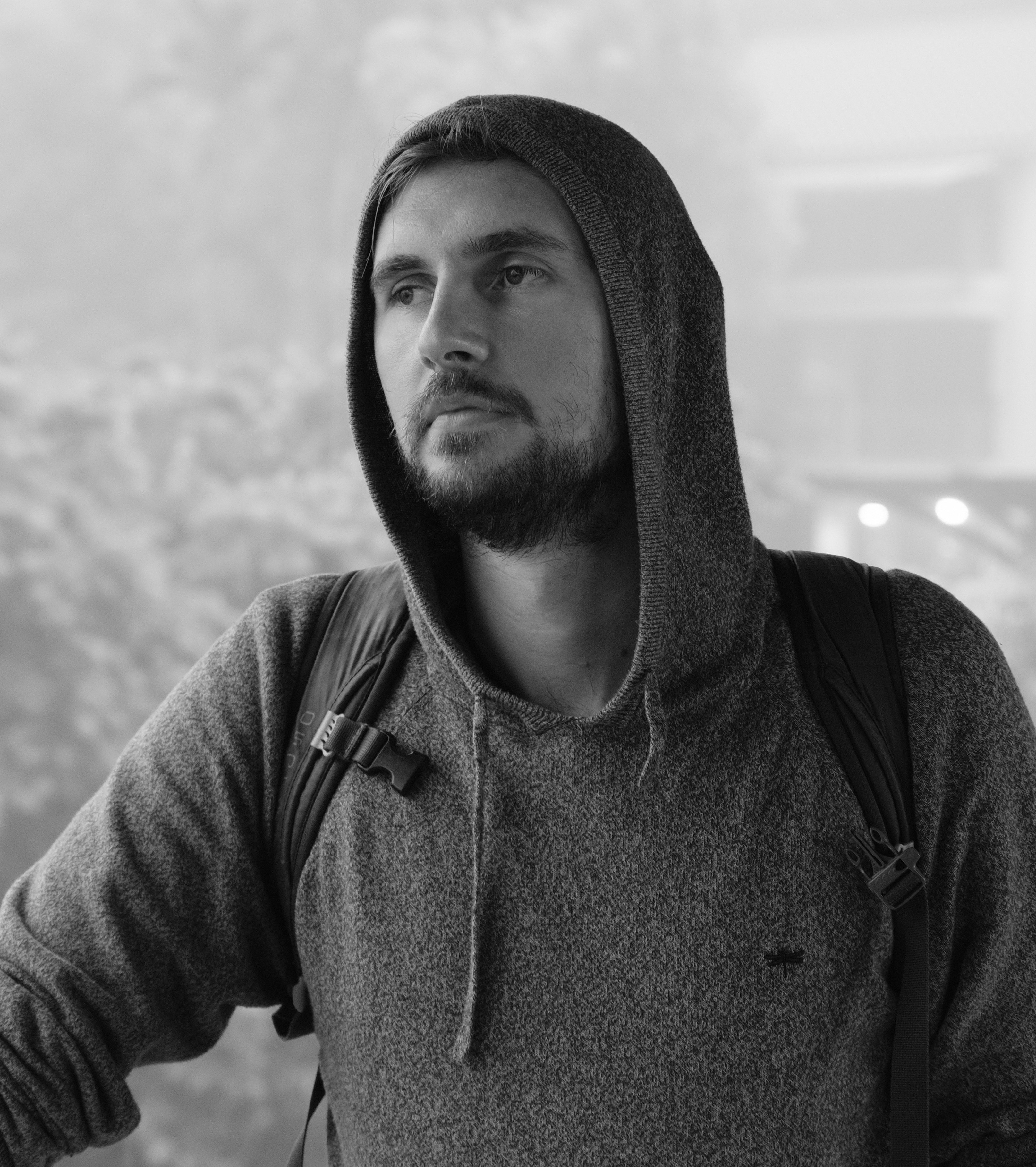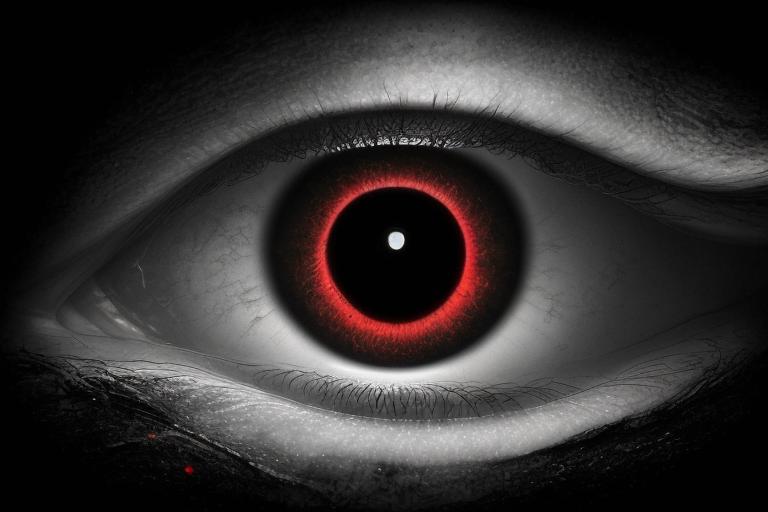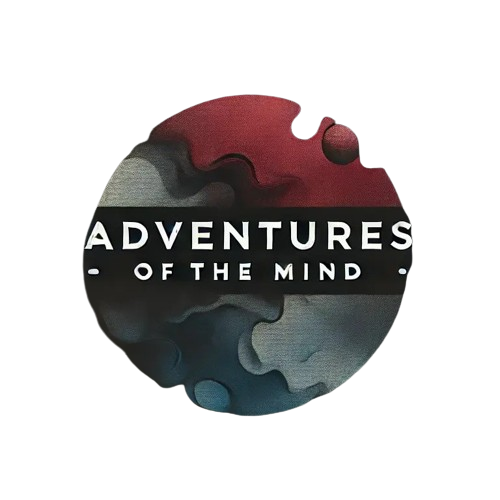How to Make Good Decisions
Published by Ben Worrall 29th December 2024

Can you think of a decision that changed the course of your life? Most of us can. And yet these vital decisions are often made without the conscious intention they deserve.
Many important decisions don’t even look like decisions — they’ve become habitual and are taken for granted as the natural course of action. But in reality, we’re making thousands of decisions every day and they all feed into an ever-emerging future.
With the new year approaching, a chance for reflection presents itself.
Maybe it’s time to ask ourselves some tough questions: are the decisions I’ve been making leading me towards a better future? Or are they dragging me down?
Answering these questions can be difficult as the right decision isn’t always clear. We’re all different and our lives unfold in unique ways. With that said, I believe there are principles that can guide the process of decision-making and ultimately help us navigate the uncertain currents of life.
I — Focus on the feeling
Recently, I was discussing the topic of health with some friends. The question came up: What does being healthy mean to you?
While there were several interpretations of what health means, the consensus was that being healthy wasn’t so much about external measurements but simply how the person feels.
When you eat something unhealthy and remain aware of your body and your mental state, you’ll likely notice some clear uncomfortable symptoms. You feel bad. Your feelings act as the flashing warning lights.
Over the years, I’ve used this feeling feedback system to improve the quality of my daily choices. I’ve cut out sugary drinks because I’m aware of the restless feeling that comes with consuming high amounts of sugar. My exercise routine has also become more consistent, not because I’m desperate to change my physique, but because I feel great after exercising and use this feeling as motivation.
The key to making healthier decisions is to focus on how you feel after doing a specific activity. The before and after feelings tend to be reversed. You feel great about the prospect of eating a large pizza, but terrible having eaten it. Which one do you think is more accurate?
Listening to feelings doesn’t only apply to health. It can be used to guide decisions in all areas of life. If there’s a deep sense of dread as you head into work then you’re probably in the wrong career — no matter how good the money is or how successful you are on paper.
For many years, I explored various potential career paths that seemed to provide freedom and financial security, but deep down I always felt that they were wrong for me, and therefore never dove into any of them — which ended up wasting a lot of my time. Since I’ve committed to building my career around philosophy, writing and storytelling, I’ve felt much better because, despite the difficult path, I know I’m working on something meaningful to me.
The principle of listening to your feelings isn’t complicated, but we sometimes have a hard time acknowledging the obvious.
The biggest hurdle here is cultivating the awareness required to notice when a feeling is demanding change. If you fail to do this, you’re disregarding valuable feedback.
The secret is simply to listen. I believe the structure of the universe isn’t arbitrary. There are baked-in clues as to what the right decision is and the most obvious of them are your feelings.
II — The compound effect
I’ve already mentioned the compound effect in my essay on thinking in decades. Grasping this principle’s significance can transform your life, especially if you’re young.
Good decision-making is essentially long-term decision-making. When you’re faced with any decision, your number one consideration should be the consequences and how they will ripple out over time.
Life is a game of consistency and momentum. The small decisions you make on a consistent basis have the biggest impact on where you end up and the person you become. Good decisions are an investment in yourself and your vision of the future.
When, for example, you make the decision to work every day on improving your skills in a particular area, you’re building personal value that will pay dividends far into the future.
Positive over negative thinking also compounds. The positive feeds into the positive and eventually affects your subconscious beliefs, behaviour and overall happiness.
Finding the motivation to make good decisions regularly, is much easier when you understand that even the smallest decision can have a powerful compounding effect. A good decision isn’t an isolated event. It leaks into the future and makes the next good decision easier.
Understanding compounding provides a framework for making better decisions as they arise. Ask yourself: Is this decision making me stronger or weaker? Will it move me towards my highest vision, or not?
III — Trust yourself
One of my biggest lessons over the last few years has been the need to trust myself and take full responsibility for my decisions.
It’s easy to fall into the trap of outsourcing your choices to others or mindlessly following along with your culture's collective narratives. We’ve spent our lives being conditioned to trust authority figures and are now willing to let collective opinion guide us at the cost of personal autonomy.
We do this because we haven’t developed enough faith in ourselves. Shifting responsibility onto others is the easier option. If we make our own decisions, we’re responsible for their success or failure. On the other hand, we subconsciously realise that if we never have to make a difficult decision for ourselves, we can’t be blamed for the outcome either.
This attitude is a quick way to build up a mass of regrets that will bubble and fester for the rest of your days. By not respecting your judgement, you’re saying no to life. What makes existence worthwhile is our ability to think things through, come to conclusions, and use our creative power to bring new forms into existence. That’s what separates humans from other animals. You’re starring in a choose-your-own-adventure book, so why would you give up the opportunity to personalise and claim it?
Trusting yourself doesn’t mean being stubborn. It doesn’t mean disregarding the opinions of others. You can still take on feedback and change based on good advice. The point is to not become so overtaken by it that you lose yourself in the process. At the end of the day, every decision you make should be yours.
Remember, each of us is living in our own private reality. We’re operating from unique frames. People love to give their two cents on what’s right and wrong for you. This usually comes from good intentions; they’re trying to help. But they’re approaching decisions from their own frame of reality, not yours. They’re making suggestions based on what they would do in a specific situation. Only you have the full picture, only you have access to the deep complexities of your mind, and therefore only you are in a position to make the decision that’s going to be best for you.
IV— Face the difficult
People will do anything to avoid making a difficult decision. Especially, if that decision involves a psychologically painful outcome. If, right now, you were presented with the opportunity to break out of your comfort zone and face a long-time fear, would you do it?
Probably not, right?
I doubt I’d do it either. Taking on a challenge that you know comes with potential pain or failure isn’t most people’s idea of fun. It’s human nature to avoid hardship and risk at all costs. We don’t want to face emotionally taxing situations, and it’s this resistance that makes following the fourth principle so rare.
Here's the thing: the best decisions are very often the ones that are going to grow you the most, but these decisions are also likely to be some of the most difficult.
Difficult decisions, however, don’t always need to be huge challenges that break your will to live. They could just involve making the same uncomfortable choice repeatedly over a long period of time.
Maybe you have a problem, but you face it with such strength and persistence that it dissolves. Your repeated choice to do the hard thing can become the catalyst needed for change.
Most of the problems that plague your life aren’t going anywhere, they won’t suddenly disappear if you ignore them. So don’t. Look directly at them and attack with the intensity of a lion.
In my own life, there’s been many of these difficult decisions. Some I’ve faced, others I haven’t. One example of me making a decision like this is the act of going to a coffee shop and writing these essays almost every day. Believe it or not, I feel a lot of resistance toward writing. Facing the empty page is painful, but I continue to do it time and again.
Building discipline didn’t happen overnight, and I still feel a lot of resistance, but each time I make a difficult decision it becomes slightly easier. And that’s the great thing about facing the difficult — you become stronger.
Find those decisions you’ve avoided for months, years or decades, and start making them.
V — The highest consequences
Decisions ripple through time and space in ways we’ll never fully comprehend. Keep these universal consequences at the centre of your decision-making process and let them guide you.
Recognize that every conscious being throughout history has contributed to the human story. Even the smallest of decisions, by the most unlikely of people, have had long-lasting effects on human development and the current state of the world.
This same responsibility lies with you. Whether you like it or not, your decision-making process has consequences for the future. Therefore, your decisions today should contribute to the world you want to see tomorrow. This means assessing your choices against your top values — the aspects of life you find most meaningful.
When you become aware of the transformative power your decisions have, you stop taking them for granted. The way you choose to behave will influence other people. Your actions will seep into their consciousness and change the way they live — a process that will continue for generations and find roots in places and situations that would shock you.
In this way, you’re no longer just a human being. You’re a universal entity. The universe is acting through you. Decision-making is your superpower.
It takes courage to accept this responsibility, but when you do the question becomes: what do you want to create in the world? This is the ultimate key to good decision-making.
Ben Worrall





